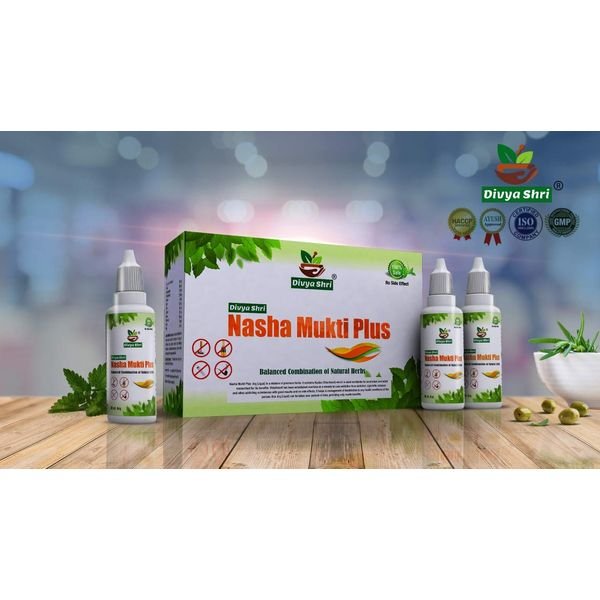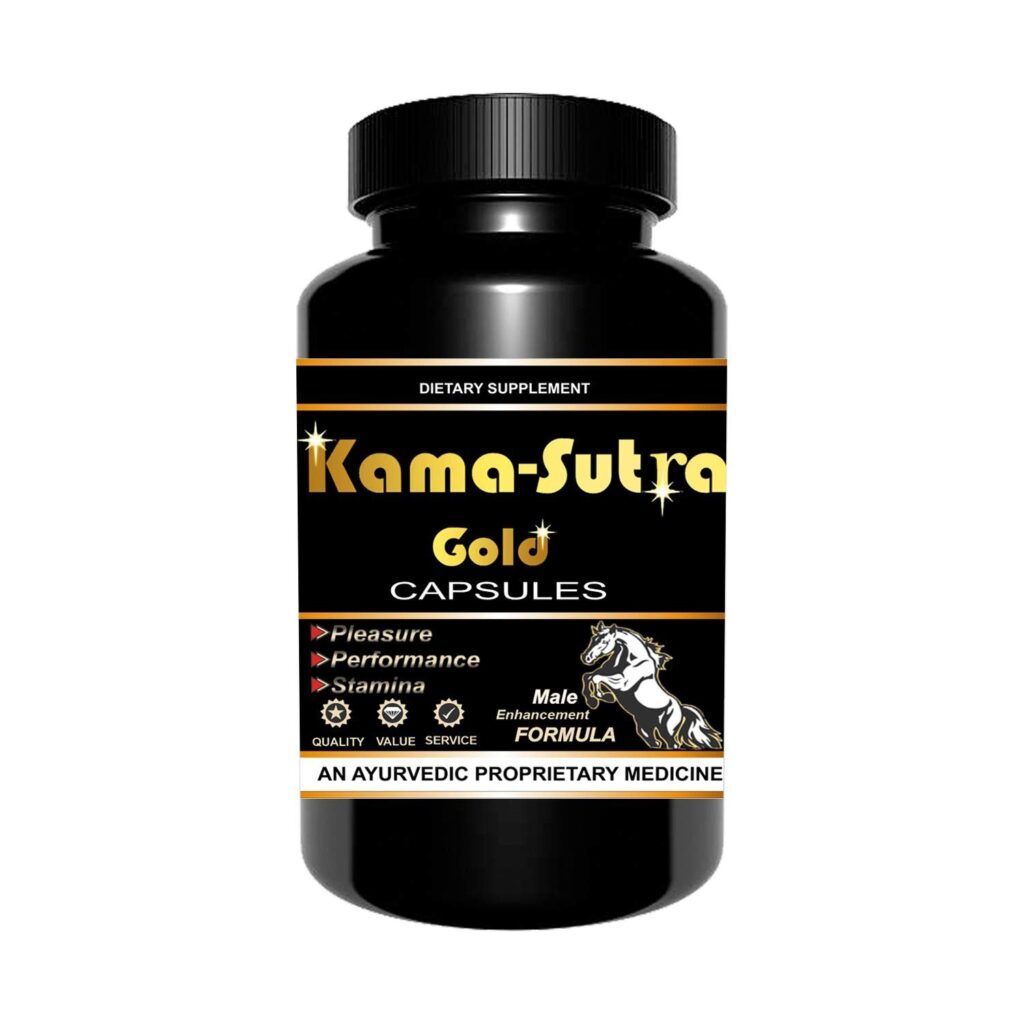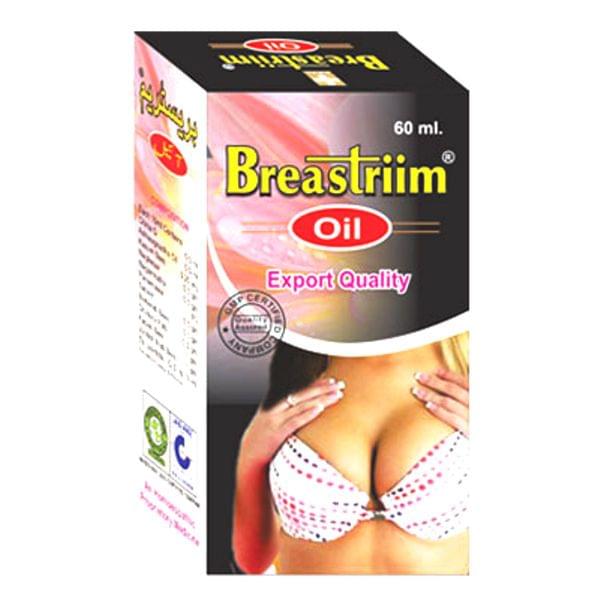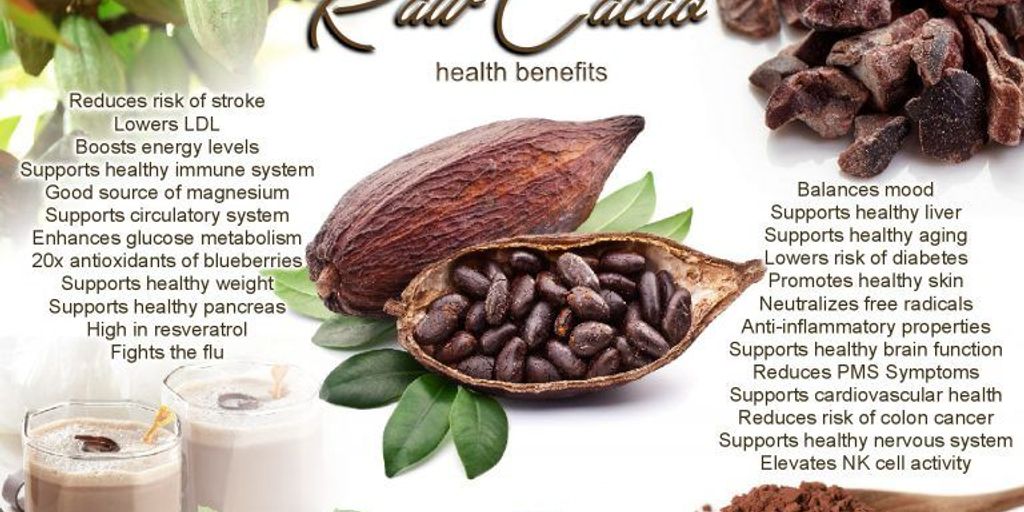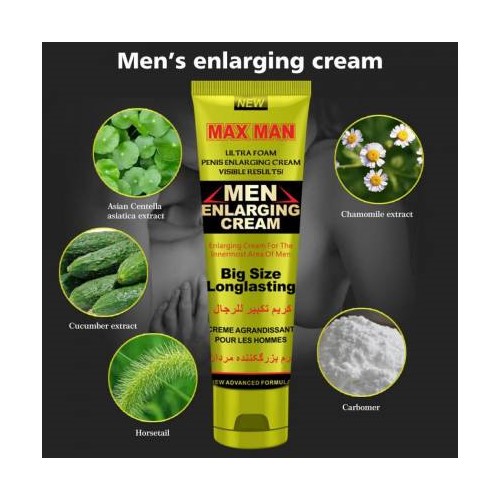Erectile Dysfunction (ED) is a common condition that affects millions of men worldwide, often leading to significant distress and impact on quality of life. This article delves into the various aspects of ED, including its causes, treatment options, and the latest pharmacological advances. We explore top-rated medications known for their effectiveness and minimal side effects, as well as complementary lifestyle and natural remedies. The focus is on understanding the delicate balance between managing the condition and maintaining a healthy, satisfying intimate life.
Key Takeaways
- Erectile Dysfunction is a treatable condition with a range of pharmacological and non-pharmacological options available.
- PDE5 inhibitors remain the first-line treatment for ED, with ongoing research enhancing their efficacy and safety.
- Lifestyle modifications, such as diet and exercise, play a significant role in improving erectile function alongside medication.
- Understanding potential side effects and drug interactions is crucial for safe and effective ED treatment.
- Patients report improved quality of life and relationship satisfaction with appropriate ED management and follow-up care.
Understanding Erectile Dysfunction and Treatment Options
Defining Erectile Dysfunction
Erectile Dysfunction (ED) is characterized by the consistent inability to achieve or maintain an erection sufficient for satisfactory sexual performance. It is a condition that can significantly impact a person’s quality of life and intimate relationships.
The prevalence of ED increases with age, but it is not an inevitable part of aging. Various factors contribute to its development, making it a complex issue to address.
Erectile Dysfunction affects both physical and psychological aspects of sexual health. It is important to understand that ED is a medical condition that often requires treatment.
- Psychological factors: stress, anxiety, and depression
- Physical factors: cardiovascular disease, diabetes, and hormonal imbalances
- Lifestyle factors: smoking, alcohol use, and obesity
While ED can be a sensitive topic, recognizing it as a medical issue is the first step towards seeking help and improving one’s sexual health.
Common Causes and Risk Factors
Erectile Dysfunction (ED) is a complex condition with a multitude of contributing factors. Understanding the common causes and risk factors is crucial for effective treatment and management.
- Cardiovascular disease is a leading cause of ED, as it can impair blood flow to the penis.
- Other medical conditions such as hypertension, hyperlipidemia, and diabetes also play a significant role in the development of ED.
- Hormonal imbalances, particularly hypogonadism, can affect sexual function.
- Lifestyle choices, including obesity, smoking, alcoholism, and lack of physical activity, are significant contributors to ED.
It is essential to recognize that these factors can interact in complex ways, exacerbating the condition and making it more challenging to treat.
By addressing these risk factors, either through lifestyle modifications or medication, individuals can significantly improve their chances of reversing or managing ED.
Overview of Treatment Modalities
Erectile dysfunction (ED) treatment modalities encompass a range of options tailored to the individual’s condition and preferences. Pharmacotherapy remains the cornerstone of ED treatment, with PDE5 inhibitors being the most prescribed drugs. However, for those who may not respond to or cannot take these medications, alternatives such as vacuum erection devices, penile injections, and surgical interventions are available.
Psychotherapy and counseling can be effective, especially when ED has a psychological component. Combining psychological support with medical treatment often yields better outcomes.
- PDE5 inhibitors (e.g., sildenafil, tadalafil)
- Vacuum erection devices
- Penile injections (e.g., alprostadil)
- Surgical options (e.g., penile implants)
- Psychotherapy and counseling
The choice of treatment should be a shared decision between the patient and healthcare provider, considering the severity of ED, underlying health conditions, and potential side effects.
Pharmacological Advances in ED Medication
The Science Behind PDE5 Inhibitors
Phosphodiesterase type 5 inhibitors, commonly known as PDE5 inhibitors, are the frontline treatment for erectile dysfunction (ED). These medications work by blocking the enzyme PDE5, which is responsible for the breakdown of cyclic guanosine monophosphate (cGMP). cGMP is a substance that relaxes smooth muscle tissues and increases blood flow to the penis, facilitating an erection.
PDE5 inhibitors do not directly cause an erection; they enhance the response to sexual stimulation.
The effectiveness of PDE5 inhibitors can be seen in the table below, which compares the onset of action and duration of the most commonly prescribed drugs:
| Drug Name | Onset of Action | Duration |
|---|---|---|
| Sildenafil | 30-60 minutes | 4-6 hours |
| Tadalafil | 15-45 minutes | Up to 36 hours |
| Vardenafil | 25-60 minutes | 4-5 hours |
| Avanafil | 15-30 minutes | 6 hours |
While these medications are generally safe, they are not suitable for everyone. Men with certain health conditions, such as severe heart or liver problems, or those who are taking medications that could interact with PDE5 inhibitors, should avoid these drugs.
Latest Developments in ED Drugs
The landscape of erectile dysfunction (ED) medications is continually evolving, with new formulations and delivery methods aimed at enhancing efficacy and minimizing side effects. Recent advancements have focused on improving the pharmacokinetics of drugs to ensure a quicker onset of action and longer duration, providing more spontaneity for users.
One notable development is the introduction of sublingual medications that dissolve under the tongue, offering a rapid absorption rate. This method bypasses the digestive system, reducing the potential for food interactions and enhancing convenience for the patient.
- Alprostadil, a drug previously administered through injection or urethral suppository, now has a sublingual version.
- Avanafil has been praised for its fast-acting properties, with some users reporting effectiveness in as little as 15 minutes.
- Sildenafil and Tadalafil remain popular choices, with generic versions becoming more accessible.
- Testosterone replacement therapy has seen new delivery systems, such as gels and patches.
- Vardenafil continues to be a reliable option, with studies indicating a strong safety profile.
While the market is expanding with various options, patients are encouraged to consult with healthcare professionals to determine the most suitable medication based on their individual health profile and needs.
The integration of vitamins and supplements into treatment plans is also gaining traction, as they are believed to support overall vascular health and may enhance the effectiveness of prescribed ED medications.
Comparing Efficacy and Safety Profiles
When considering the treatment of erectile dysfunction (ED), the efficacy and safety of medications are paramount. The most effective ED medications typically belong to a class known as phosphodiesterase type 5 (PDE5) inhibitors. Below is a comparison table of these oral ED treatments:
| Medication | Onset of Action | Duration | Common Side Effects |
|---|---|---|---|
| Sildenafil (Viagra) | 30-60 min | 4-6 hours | Headache, flushing |
| Tadalafil (Cialis) | 30 min – 2 hours | Up to 36 hours | Back pain, indigestion |
| Vardenafil (Levitra/Staxyn) | 25-60 min | 4-5 hours | Nasal congestion, dizziness |
| Avanafil (Stendra) | 15-30 min | 6 hours | Facial redness, cold symptoms |
While these medications can be highly effective, patients must also consider their safety profiles. Tadalafil, for instance, is known for its longer duration of action, which can be beneficial for spontaneity but may also increase the risk of prolonged side effects.
It is crucial to balance the desire for immediate and robust efficacy with the need to minimize adverse effects. This balance ensures a sustainable and comfortable treatment regimen for ED.
Patients should consult with their healthcare provider to determine the most suitable medication, taking into account their individual health status and any potential drug interactions.
Lifestyle and Natural Remedies Supporting Drug Therapy
Dietary Changes and Nutritional Supplements
In the quest to enhance sexual health, many individuals turn to dietary changes and nutritional supplements. Balanced diets rich in certain vitamins and minerals can play a pivotal role in improving erectile function. For instance, foods high in antioxidants may help reduce oxidative stress and improve blood flow, which is crucial for achieving and maintaining an erection.
While no magic food can cure erectile dysfunction, a combination of proper nutrition and supplements can support overall sexual health.
Some supplements have gained attention for their potential benefits in treating ED. Vitamin D, in particular, has been studied for its role in sexual health. Researchers believe that vitamin D may support ED by improving blood flow to the penis and supporting the production of sex hormones such as testosterone. Other supplements like L-arginine, zinc, and omega-3 fatty acids are also considered beneficial for erectile function.
Here is a list of nutrients and their possible benefits for ED:
- Vitamin D: May enhance blood flow and hormone production
- L-arginine: Helps expand blood vessels, improving circulation
- Zinc: Essential for testosterone production
- Omega-3 fatty acids: Improve cardiovascular health and blood flow
Exercise and Physical Activity’s Role in ED
Regular physical activity is a cornerstone of erectile dysfunction (ED) management. Exercise improves circulation, which is vital for a strong erectile response. It also aids in weight management and can reduce the risk of cardiovascular diseases, which are often linked to ED.
A consistent exercise routine can lead to significant improvements in sexual health. For instance, a study found that men who engaged in moderate to vigorous physical activity reported better erectile function than those who were less active.
- Aerobic exercises such as jogging, swimming, and cycling
- Resistance training to improve muscle strength
- Flexibility exercises to enhance pelvic muscle tone
Regular exercise not only supports physical health but also contributes to psychological well-being, reducing stress and anxiety that can interfere with sexual performance.
Incorporating exercise into one’s lifestyle can be a natural complement to other ED treatments, offering a holistic approach to managing symptoms and enhancing quality of life.
Herbal Alternatives and Their Effectiveness
While pharmacological treatments are widely used for erectile dysfunction (ED), many individuals seek herbal alternatives due to their perceived safety and natural origin. Herbal remedies have been used for centuries, and modern research is beginning to shed light on their potential benefits in ED management.
Among the various herbal options, Hammer of Thor is often discussed for its claims of enhancing sexual performance. Proponents suggest that it not only addresses the symptoms but also targets the root causes of ED, potentially offering long-term benefits without the reliance on pharmaceuticals.
It’s important to approach herbal supplements with caution, as their efficacy and safety profiles are not always well-established. Rigorous clinical trials are necessary to validate the claims made by herbal remedy providers.
While some individuals report positive outcomes, it’s crucial to consult with a healthcare provider before starting any herbal supplement, especially for those with underlying health conditions or those taking other medications.
Navigating Side Effects and Drug Interactions
Common Side Effects of ED Medications
Erectile Dysfunction (ED) medications, while effective, can come with a range of side effects. Most individuals experience mild symptoms that typically diminish as the body adjusts to the medication. However, it’s crucial to be aware of these potential reactions to manage them effectively.
Headache, flushing, nasal congestion, and stomach discomfort are among the most commonly reported side effects. These are usually transient and can often be alleviated with over-the-counter remedies or simple lifestyle adjustments.
It is important to note that side effects may vary depending on the specific ED medication and the individual’s health profile.
More serious side effects, although rare, include changes in vision, hearing loss, and an erection lasting longer than four hours (priapism). If you experience any of these, seek medical attention immediately.
- Headache
- Flushing
- Nasal congestion
- Stomach discomfort
- Dizziness
- Back pain
Understanding how to manage these side effects can significantly improve the treatment experience and ensure continued use of the medication for optimal results.
Managing Side Effects and When to Seek Help
While most side effects from ED medications are mild and manageable, it’s crucial to know when they require medical attention. Always consult a healthcare provider if side effects persist or worsen over time.
Erectile dysfunction medications can cause a range of side effects, from headaches to more serious conditions like priapism. Here’s a simple guide on how to manage common side effects:
- Headaches: Stay well-hydrated and use over-the-counter pain relief if necessary.
- Flushing: Avoid alcohol and spicy foods, and try to stay cool.
- Nasal congestion: Use a saline spray or decongestant, but avoid prolonged use.
- Digestive issues: Eat light meals and avoid fatty foods.
If you experience severe side effects such as chest pain, severe dizziness, or an erection lasting more than 4 hours, seek immediate medical help.
Understanding your body’s response to medication is key. Keep a log of any side effects and discuss them with your doctor during follow-up appointments. This proactive approach can help tailor your treatment for better outcomes and minimal discomfort.
Understanding Drug Interactions and Contraindications
When considering treatment for erectile dysfunction (ED), it’s crucial to understand the potential drug interactions and contraindications that could affect patient safety. Medications for ED can have interactions with other drugs, which may lead to adverse effects or diminished efficacy.
Contraindications are specific situations where a drug should not be used because it could be harmful to the patient. For example, men taking nitrates for heart conditions should not use PDE5 inhibitors due to the risk of severe hypotension.
It is essential for patients to inform their healthcare provider about all medications they are taking, including over-the-counter drugs and herbal supplements.
Here is a list of common drug interactions with ED medications:
- Nitrates and nitric oxide donors
- Alpha-blockers
- Certain antifungal medications
- Some antibiotics
- Other PDE5 inhibitors
Patients should always consult with their healthcare provider to ensure that any new medication is safe to use with their current treatment regimen.
Patient Perspectives and Quality of Life Improvements
Real-life Success Stories
The journey through erectile dysfunction is deeply personal and varies from one individual to another. However, the common thread in many success stories is the transformative impact of effective treatment. Patients often report a significant improvement in their quality of life after finding the right medication with minimal side effects.
Intimacy is not just a physical connection but also an emotional one. The following points highlight the key aspects of patient experiences:
- Renewed confidence in sexual performance
- Restoration of emotional bonds with partners
- Decreased anxiety and stress related to sexual encounters
The sense of normalcy returning to one’s sex life is a milestone that many patients cherish. It’s not just about the physical act, but the emotional closeness and satisfaction that come with it.
While individual results may vary, the overarching sentiment is one of gratitude and optimism. Patients often express thanks for the medical advances that have allowed them to reclaim an essential part of their human experience.
The Impact of Treatment on Relationships
The journey of overcoming erectile dysfunction (ED) often brings a ripple effect of positive changes, particularly in the realm of personal relationships. Improved sexual function can lead to enhanced intimacy, bolstering the emotional bond between partners.
Communication plays a pivotal role in this transformation, as couples may find themselves engaging in more open and honest discussions about their needs and desires. This newfound dialogue can be a cornerstone for a stronger, more resilient connection.
- Enhanced intimacy and closeness
- Increased satisfaction and happiness
- Renewed confidence and self-esteem
The shared experience of tackling ED can foster a sense of teamwork and partnership, further solidifying the relationship.
While the focus is often on the individual with ED, the benefits of treatment extend to both partners, creating a more fulfilling and harmonious dynamic. It’s a testament to the power of addressing sexual health issues head-on, with the support of effective treatments and a commitment to mutual well-being.
Long-term Satisfaction and Follow-up Care
Achieving long-term satisfaction in the treatment of erectile dysfunction (ED) hinges on consistent follow-up care and the patient’s adherence to prescribed therapies. Regular consultations with healthcare providers ensure that any adjustments to medication or treatment plans are made in a timely manner, addressing concerns as they arise.
Follow-up care is crucial for monitoring the progress of ED treatment and making necessary changes. It also provides an opportunity for patients to discuss any psychological impacts and receive support or counseling if needed.
- Review of medication effectiveness and side effects
- Assessment of lifestyle and psychological factors
- Adjustment of treatment plans as required
The goal of follow-up care is not only to maintain the efficacy of treatment but also to enhance the overall quality of life for patients and their partners.
Recent studies, such as the systematic review on the effectiveness of Low-Intensity Extracorporeal Shock Wave Therapy, highlight the importance of exploring and incorporating new treatment modalities that offer sustained benefits with minimal side effects.
Discover the transformative power of holistic health with our wide range of Ayurvedic remedies and personal care products. At Swasthyashopee, we understand that true wellness comes from harmony within the body and mind. Our carefully curated selection of natural herbs, supplements, and therapies are designed to balance your doshas and enhance your quality of life. Embrace the ancient wisdom of Ayurveda and experience the difference it can make in your health journey. Visit our website now to explore our products and take the first step towards a more balanced, healthier you.
Conclusion
In conclusion, addressing erectile dysfunction is a significant step towards revitalizing intimacy for many individuals. The medicines discussed in this article represent the top-rated options that combine effectiveness with minimal side effects, offering hope and improved quality of life. It is essential to consult with a healthcare provider to determine the most suitable medication based on individual health profiles and needs. With the right treatment, support, and understanding, overcoming erectile dysfunction is a realistic and achievable goal, paving the way for a fulfilling and intimate connection.
Frequently Asked Questions
What is erectile dysfunction (ED) and how is it treated?
Erectile dysfunction is the inability to achieve or maintain an erection suitable for sexual intercourse. Treatments include medications like PDE5 inhibitors, lifestyle changes, psychotherapy, and natural remedies.
What are the common causes and risk factors for ED?
Common causes include cardiovascular disease, diabetes, hormonal imbalances, and psychological factors. Risk factors can be smoking, obesity, stress, and excessive alcohol consumption.
What are PDE5 inhibitors and how do they work?
PDE5 inhibitors are a class of drugs that relax blood vessels and increase blood flow to the penis, thereby helping to achieve an erection. They include sildenafil, tadalafil, and vardenafil.
Are there any new developments in ED medication?
Yes, research is ongoing, and recent developments include new formulations for existing drugs, as well as investigations into gene therapy and topical treatments.
How can diet and exercise affect erectile dysfunction?
A healthy diet and regular exercise can improve cardiovascular health, which is crucial for erectile function. They can also help manage weight and reduce the risk of diabetes, which are both risk factors for ED.
What should I do if I experience side effects from ED medication?
If you experience side effects, consult your healthcare provider. They may adjust your dosage or suggest an alternative treatment. Severe or persistent side effects require immediate medical attention.



